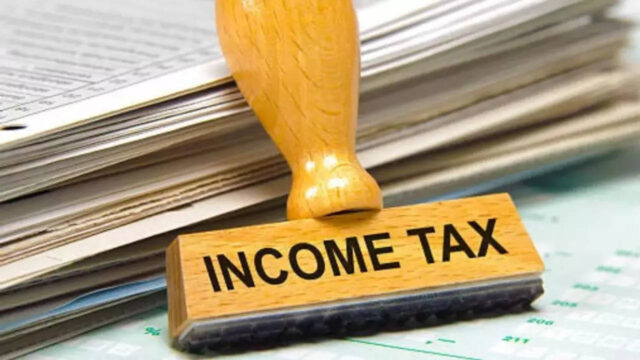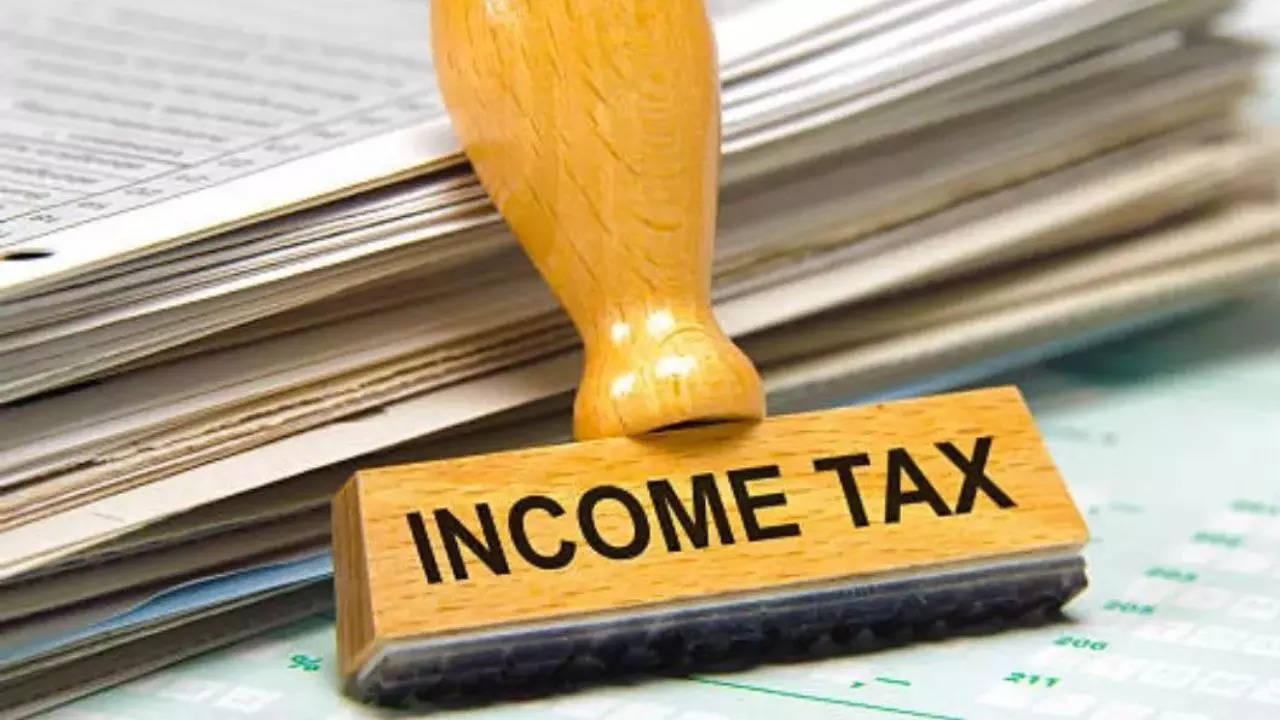
NEW DELHI: The Income Tax Department has cautioned taxpayers against making false claims on their income tax returns, such as overstating deductions, understating income, or claiming expenses that are not genuine. These actions are considered offenses that can result in penalties and may delay the processing of refunds.
According to the department and the Central Board of Direct Taxes (CBDT), more than five crore ITRs have been submitted as of July 26, with the filing deadline for assessment year 2024-25 set for July 31 for all taxpayers whose accounts do not require auditing.
The Income Tax Department recently advised taxpayers to file their returns accurately to ensure timely refunds. “Refund claims are subject to verification checks, which may cause delays. Accurate filing of ITR leads to quicker processing of refunds. Any discrepancies in the claims made will prompt a request for a revised return (to be filed by the taxpayer),” it said.
Taxpayers have the option to reduce their tax burden by claiming various deductions and exemptions under the old ITR filing system. Alternatively, they can choose the new regime, which offers lower tax rates but does not allow for these benefits. According to CBDT Chairman Ravi Agrawal, more than 66 percent of ITR filings this year were made under the new regime, which the government is promoting to simplify the direct tax system.
If refunds are delayed, taxpayers should check their e-filing account for any messages from the I-T department and respond accordingly through the “pending action and worklist section” tab.
Regarding the recent Budget proposal to extend the withholding of refunds from 30 to 60 days from the date of assessment or reassessment, Agrawal stated that such cases would be minimal. This provision applies when there is an existing demand or a likely demand against the same assessee. Once the assessment is completed, the assessee has 30 days to pay the demand, and the refund can be adjusted during this period.
(With inputs from agencies)
According to the department and the Central Board of Direct Taxes (CBDT), more than five crore ITRs have been submitted as of July 26, with the filing deadline for assessment year 2024-25 set for July 31 for all taxpayers whose accounts do not require auditing.
The Income Tax Department recently advised taxpayers to file their returns accurately to ensure timely refunds. “Refund claims are subject to verification checks, which may cause delays. Accurate filing of ITR leads to quicker processing of refunds. Any discrepancies in the claims made will prompt a request for a revised return (to be filed by the taxpayer),” it said.
Taxpayers have the option to reduce their tax burden by claiming various deductions and exemptions under the old ITR filing system. Alternatively, they can choose the new regime, which offers lower tax rates but does not allow for these benefits. According to CBDT Chairman Ravi Agrawal, more than 66 percent of ITR filings this year were made under the new regime, which the government is promoting to simplify the direct tax system.
If refunds are delayed, taxpayers should check their e-filing account for any messages from the I-T department and respond accordingly through the “pending action and worklist section” tab.
Regarding the recent Budget proposal to extend the withholding of refunds from 30 to 60 days from the date of assessment or reassessment, Agrawal stated that such cases would be minimal. This provision applies when there is an existing demand or a likely demand against the same assessee. Once the assessment is completed, the assessee has 30 days to pay the demand, and the refund can be adjusted during this period.
(With inputs from agencies)




































